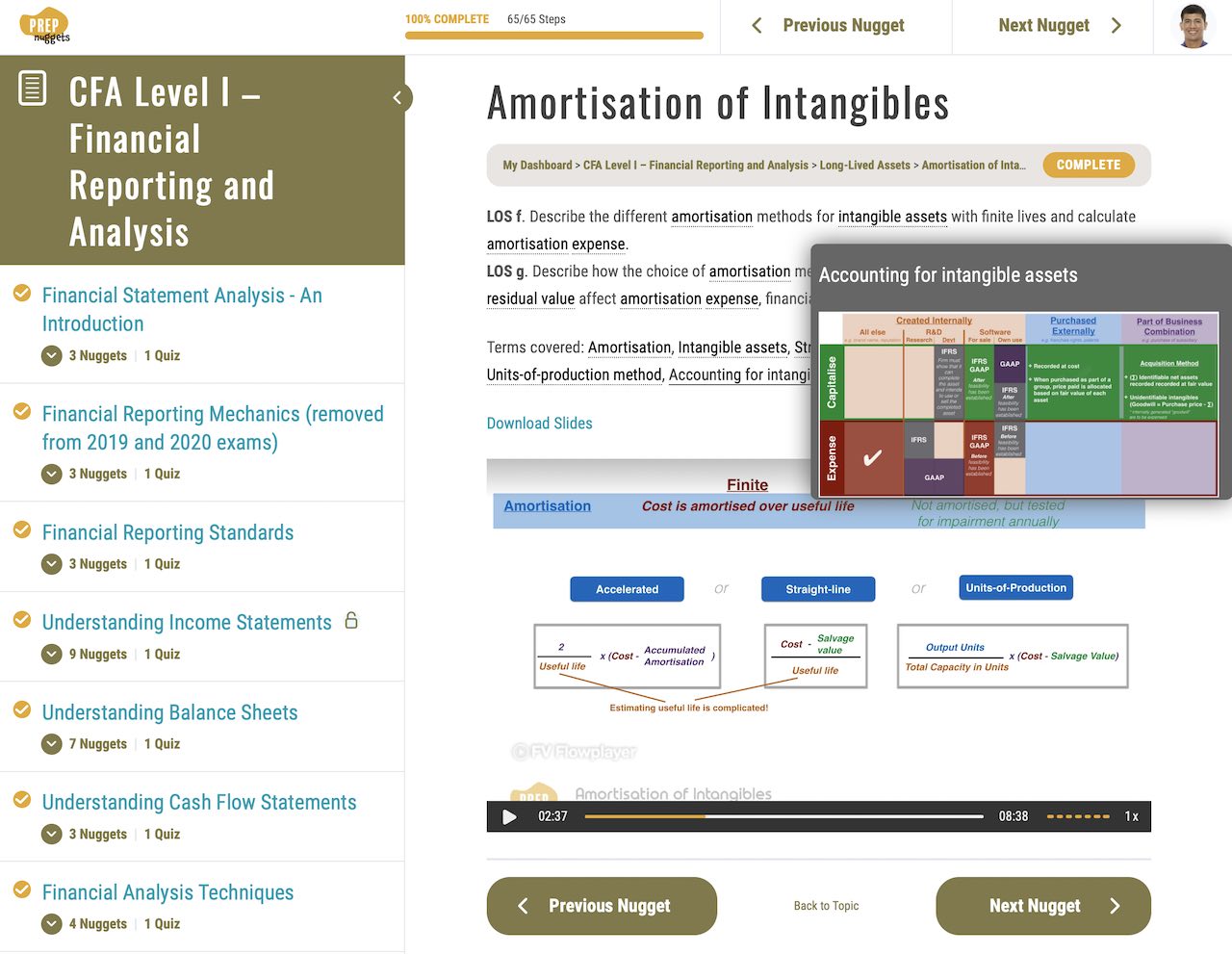A sole proprietorship is a type of business structure where a single individual owns and operates the business. The owner is personally responsible for all debts and obligations incurred by the business.
One of the main advantages of a sole proprietorship is that it is relatively easy and inexpensive to set up and operate. The owner has complete control over the business and can make all decisions without the need to consult with partners or shareholders.
However, there are also some significant disadvantages to a sole proprietorship. The owner is personally responsible for all debts and obligations of the business, which means that their personal assets, such as their home and savings, are at risk if the business fails or is sued. Sole proprietorships also have limited access to capital, as the owner cannot sell ownership stakes in the business or issue stock.
Sole proprietorships are typically suitable for small businesses with a single owner who is willing to take on the risk of being personally responsible for the business’s debts and obligations. Examples of sole proprietorships include small retail stores, consulting firms, and freelance service providers.
See also: General Partnership, Limited Partnership, Corporation










